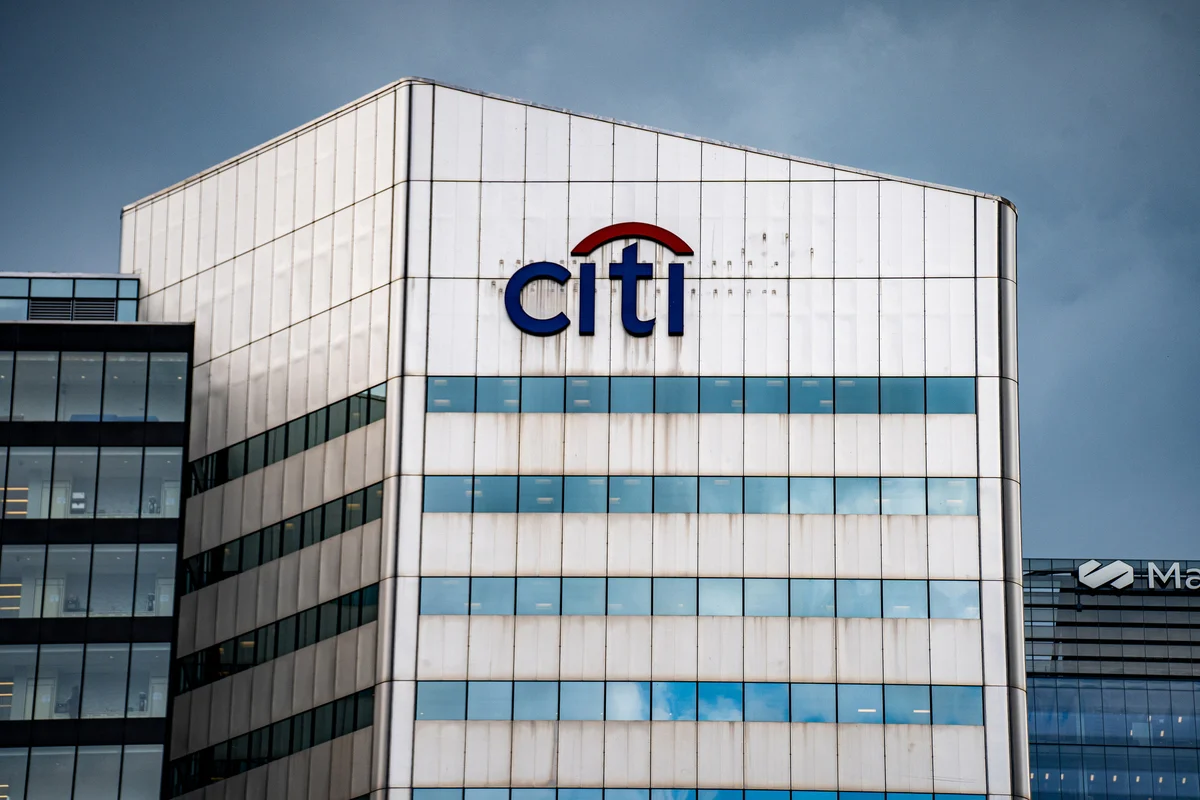Citigroup is actively exploring the launch of its own stablecoin as part of an ambitious expansion into tokenized finance, CEO Jane Fraser revealed during the bank's second-quarter earnings call Tuesday. The announcement signals the financial giant's strategic pivot toward blockchain-based payment solutions and digital asset infrastructure.
"We are looking at the issuance of a Citi stablecoin, but probably most importantly is the tokenized deposit space, where we're very active," Fraser told analysts. The initiative represents Citigroup's commitment to modernizing payment rails and meeting evolving client demands for instant, round-the-clock settlement capabilities.
The move positions Citigroup alongside other major financial institutions racing to establish footholds in the rapidly expanding digital payments ecosystem. Fraser emphasized that the strategy focuses on delivering tangible benefits to clients through improved infrastructure modernization.
Comprehensive Crypto Infrastructure Development
Beyond stablecoin issuance, Citigroup is developing a multi-faceted approach to digital asset services. The bank's strategy encompasses four key areas: reserve management for stablecoins, custody solutions for crypto assets, seamless fiat-to-crypto conversion services, and tokenized deposit capabilities.
Fraser highlighted the bank's commitment to safety and regulatory compliance while pursuing these innovations. "We aim to deliver the benefits of advancements in stablecoin and digital assets to our clients in a safe and sound manner by modernizing our own infrastructure and improving efficiency, transparency, and interoperability," she stated.
The custody framework represents a crucial component of Citigroup's digital asset ambitions. As institutional clients increasingly demand secure storage solutions for cryptocurrency holdings, the bank's custody services could provide competitive advantages in attracting and retaining large-scale investors.
These integrated services could establish Citigroup as a comprehensive digital asset provider, offering clients end-to-end solutions for blockchain-based transactions and treasury management.
Market Opportunity and Strategic Positioning
Fraser positioned the digital asset initiative as a natural evolution of payment modernization efforts. "Digital assets are the next evolution in the broader digitization of payments, financing, and liquidity," she explained. "Ultimately, what we care about is what our clients want and how do we meet that need."
The timing aligns with explosive growth projections for the stablecoin market. Citigroup forecasts the sector could expand from approximately $260 billion today to over $2 trillion by 2030, with base-case scenarios estimating $1.6 trillion and bullish projections reaching $3.7 trillion.
Citigroup's exploration reportedly occurs alongside industry collaboration efforts. The Wall Street Journal previously reported that JPMorgan Chase, Bank of America, Citigroup, and Wells Fargo had begun discussing a potential shared stablecoin initiative, suggesting coordinated industry movement toward blockchain adoption.
Strategic Advantages for Global Banking
For Citigroup's global operations spanning trade finance, treasury services, and cross-border payments, stablecoins offer compelling efficiency improvements. These digital tokens, pegged to fiat currencies, promise real-time settlement capabilities without traditional banking infrastructure limitations.
The 24/7 settlement potential addresses growing client demands for instant transaction processing, particularly in international commerce where time zone differences create settlement delays. Fraser emphasized that client needs drive the bank's digital asset strategy, reflecting market pressure for always-on financial services.
While regulatory frameworks continue evolving, the broader industry trend toward digital payment modernization appears irreversible. As clients increasingly expect transparency, speed, and continuous availability, stablecoins represent practical solutions rather than speculative investments for major financial institutions.
 Nikolas Sargeant
Nikolas Sargeant







